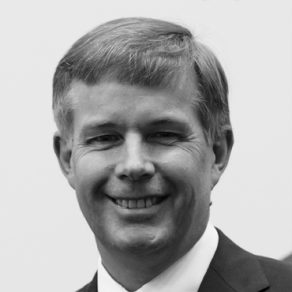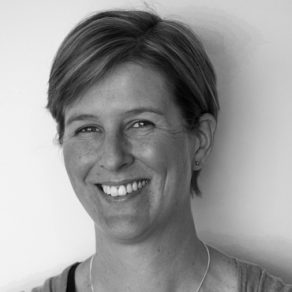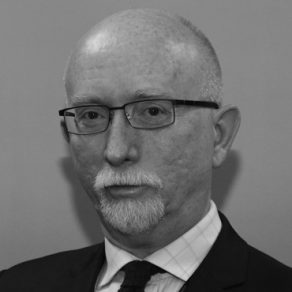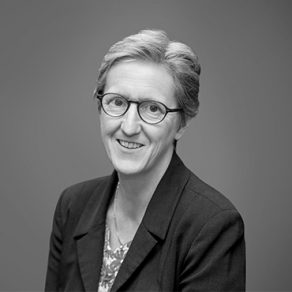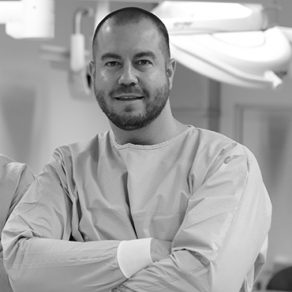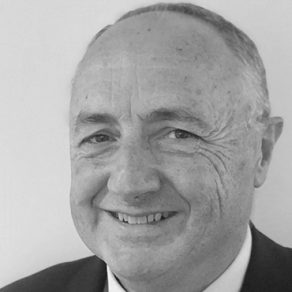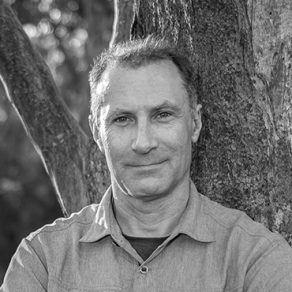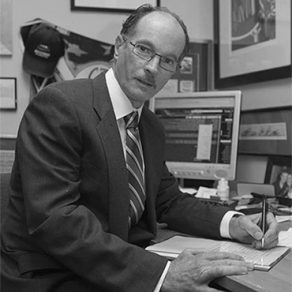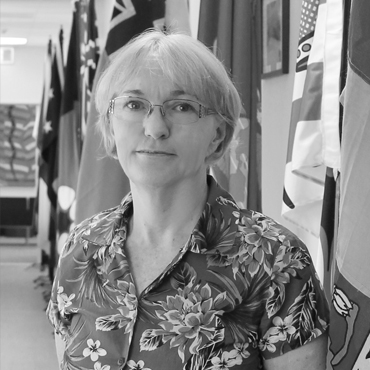
Associate Professor Dianne Stephens
National Critical Care and Trauma Response Centre
A/Prof Dianne Stephens moved to Darwin in 1998 from Melbourne as the Director of Royal Darwin Hospital (RDH) Intensive Care Unit (ICU) and their first Intensive Care Specialist.
A/Prof Stephens developed the RDH ICU into a tertiary level ICU that is recognized as a highly effective training and research unit by the ICU community. In 2010 she was awarded Associate Professor status with Flinders University for her work developing an ICU service in the Top End of the Northern Territory (NT), teaching and training medical students and post graduate trainees in critical care medicine and developing a productive research program. In 2012 she was elected to join the Board of the College of Intensive Care Medicine of Australia and New Zealand (CICM) and currently holds several portfolios including being Censor for CICM.
A/Prof Stephens received the Medal of the Order of Australia (OAM) for her leadership role in the ICU management of the 20 critically ill Bali bombing victims in 2002. She joined the RAAF Specialist Reserves in 2004 and deployed for 3 months to Iraq in 2005 where she worked as Clinical Director of ICU in the only US tertiary hospital facility in Balad. In Balad she managed mass casualty events on a regular basis. In October 2005 she deployed with the ADF to Denpasar to evacuate the victims of the second Bali bombings and then cared for them at Royal Darwin Hospital and during their forward evacuation by the RAAF to their home states.
A/Prof Stephens has been involved in the NCCTRC from its inception following the first Bali bombings. She has been an Instructor and Course Director on courses run by the NCCTRC and been involved in the NCCTRC response to local, national and international disasters. In 2016 she undertook a sabbatical year in Fiji working for the Fiji National University as a Visiting Medical Specialist teaching and training regional Anaesthesia trainees in Intensive Care Medicine at CWMH Suva. She was living and working in Suva during Cyclone Winston and its aftermath providing a unique perspective on disaster management in a developing country.

